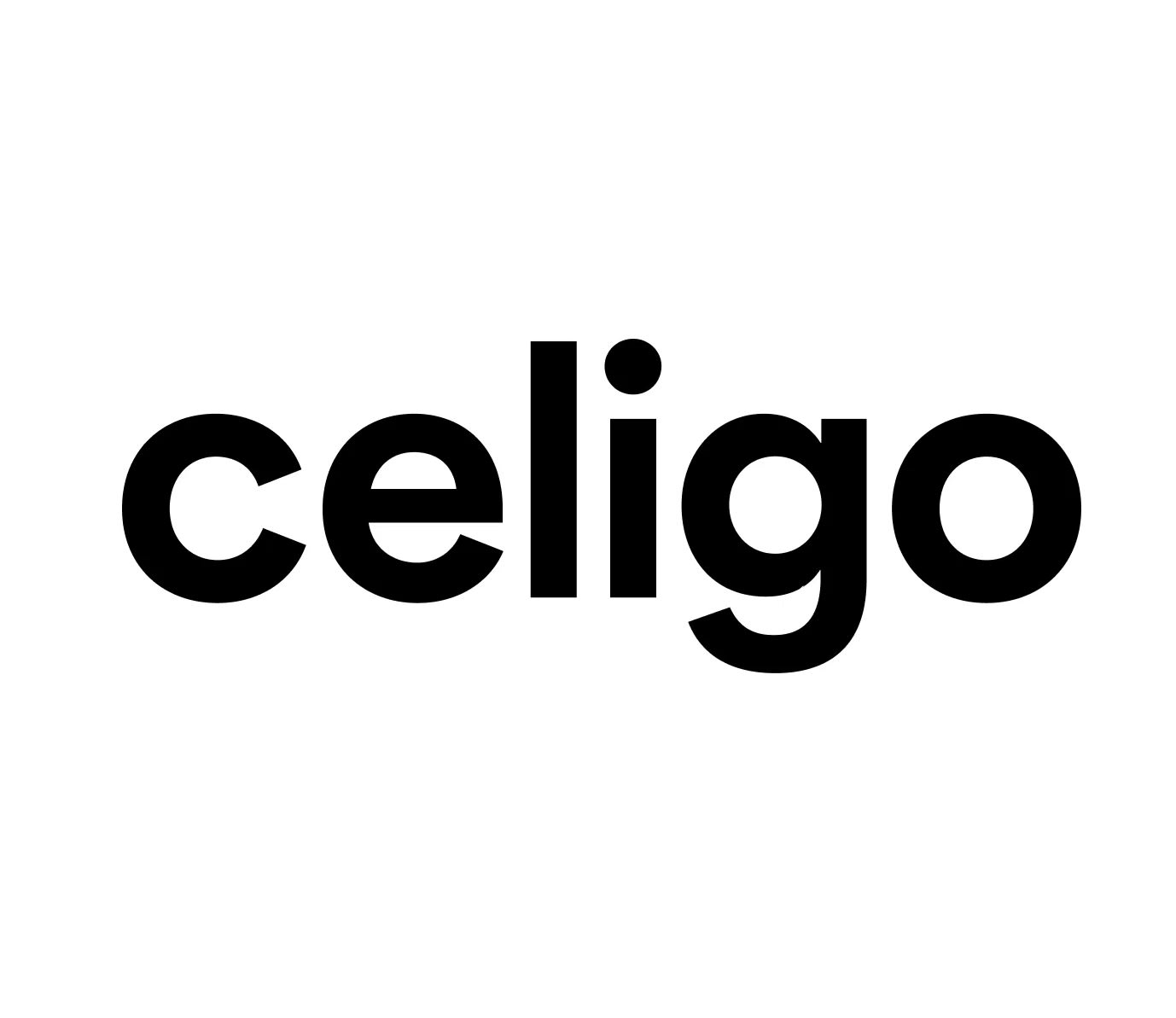Dive Brief:
-
Kohl’s directors are mulling whether to get advice from an investment bank in an effort to find ways to put itself up for sale or otherwise take steps to fend off activist investors actions, the Wall Street Journal has reported.
-
The discount department store last year dubbed its turnaround effort a“Greatness Agenda,” aimed at mixing up merchandise, bringing in more national brands, and boosting its loyalty program.
-
But that hasn’t translated to a major boost in sales, although it did escape some of the more dire holiday results plaguing other department store retailers and has remained profitable.
Dive Insight:
Kohl’s has expanded from being a Midwestern retailer to a national one, amping up its number of stores in the last two decades.
The company has been in the fore-front of several omnichannel efforts, including in-store pickup, and is experimenting with an off-price outlet, though that hasn't helped all that much in an Amazon-led world. When Juicy Couture announced it was closing stores and concentrating sales overseas, Kohl’s was there to be the brand’s U.S. retailer, though some analysts have said that it was late in providing customers enough name brands.
One problem for Kohl’s may be that shoppers are able to find ample discounts at department stores like Macy’s or treasure-hunt-oriented, off-price retailers like T.J. Maxx. Meanwhile, Target offers a designer approach at downscale prices. And Wal-Mart's, the world’s largest retailer, stores are ubiquitous, compared to Kohl’s 1,164 outposts nationwide.
Its own plan to test off-price stores is a bit of a head-scratcher, considering that it already attracts the bargain-hunting or at least bargain-appreciating customer.
In any case, the company is struggling to meet its growth targets. And it may not find it all that easy to go private. For one thing, while its newcomer status means it isn’t saddled with vast over-investment that, for example, Sears built up for more than a century, that also means that it has no such enticing real estate portfolio. And it’s a question whether a private entity would pay that much of a premium above its share price.














